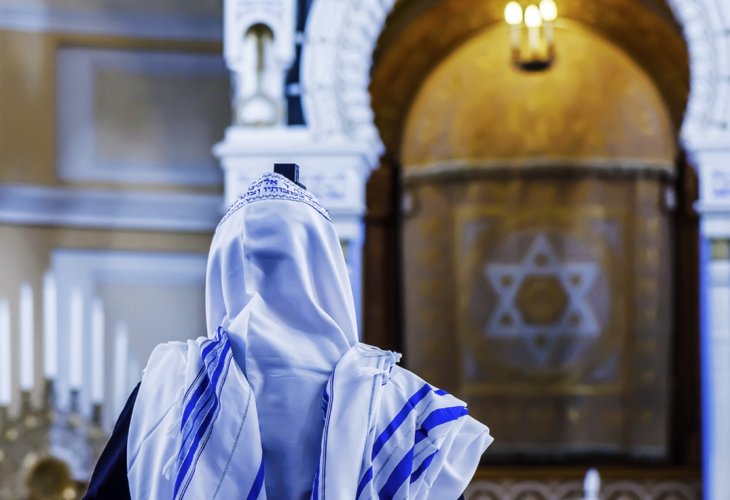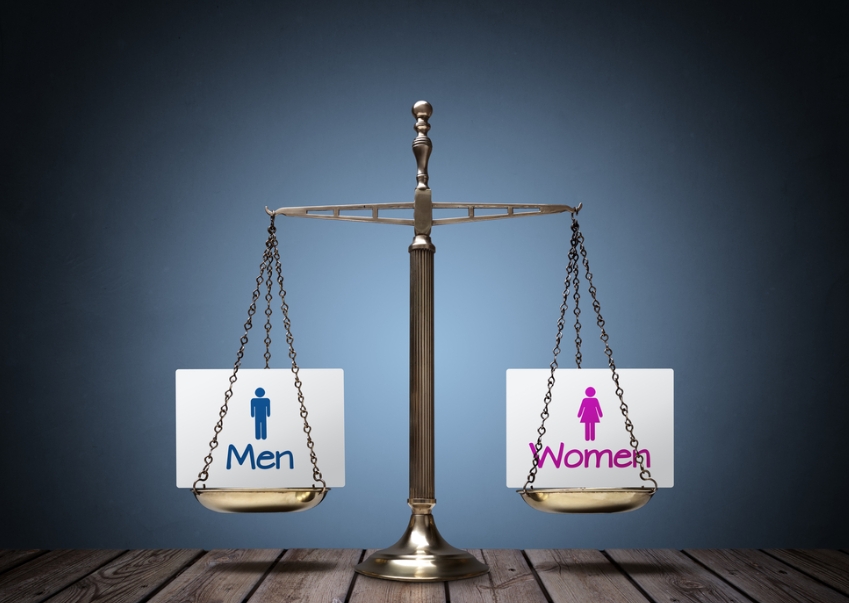Faith
Understanding the Blessing “Who Has Not Made Me a Woman” in Jewish Tradition
A deep look into the meaning, and spiritual intent behind this prayer, and how it reflects honor and balance between men and women in Judaism
 (Photo: shutterstock)
(Photo: shutterstock)Benny asks: "Shalom and blessings. I am becoming more observant, and I have a friend who also wants to grow spiritually. However, he finds it difficult to say the morning blessing ‘Blessed are You… Who has not made me a woman’, because he feels it is disrespectful to women. He asked me why men do not instead say, ‘Blessed… Who has made me a man.’ I would greatly appreciate a clear answer I can give him. Thank you in advance."
* * *
Shalom and blessings to you, Benny, and thank you for your question. Good luck on your journey of spiritual growth, and may your friend also merit to grow stronger in his faith.
First of all, we must remember that “Her ways are ways of pleasantness, and all her paths are peace” (Proverbs 3:17). The Torah has always shown great respect and concern for the status of women, unlike in ancient times, when women generally had no rights. In Judaism, a woman has the right to choose whether to marry, and she is granted specific protections and benefits in marriage — such as a ketubah (marriage contract) and financial support, which, if her husband fails to provide, he can be compelled by the rabbinical court to divorce her and pay her dues.
A man is commanded to care for his wife and to love her more than himself, as the Sages taught: “He should love her as himself and honor her more than himself” (Yevamot 62b). Women whose husbands are observant and follow the Torah’s guidance often enjoy a happier and more respectful marriage. This alone should assure your friend that nothing in Judaism was ever intended to demean women, God forbid.
Regarding your question, there are two main explanations:
1. Gratitude for exemption from certain physical hardships
From a practical perspective, a woman’s life can be physically harder as she endures pregnancy, childbirth, and related challenges. Men acknowledge and appreciate being spared these hardships by blessing “Who has not made me a woman.” Women, for their part, accept their role with love and therefore say instead “Who has made me according to His will.”
 (Photo: shutterstock)
(Photo: shutterstock)2. Acknowledgment of increased mitzvah obligations
The Sages explained that men have more mitzvot than women — especially time-bound commandments from which women are exempt. This is not because men are “better,” but because men require more spiritual refinement, while women are considered naturally more spiritually complete.
The wording of the blessing is about mitzvah obligation. It is not appropriate for a woman to say “Who has made me a woman” in this context, as it would sound like she is thankful for receiving fewer commandments. Similarly, a man does not say “Who has made me a man” because the blessing is not a celebration of identity, but an acknowledgment of responsibility. Saying “Who has not made me a woman” is a way of expressing gratitude for the opportunity to fulfill more mitzvot.
This is also why the blessings follow a specific sequence:
“Who has not made me a gentile” (gentiles have only the Seven Noahide Laws).
“Who has not made me a slave” (slaves are exempt from many mitzvot).
“Who has not made me a woman” (women are exempt from certain time-bound mitzvot).
All three are structured in the negative form because they are about increasing mitzvah obligations, not about claiming superiority.
Finally, you can tell your friend that the intention behind the blessing is what truly matters. In Jewish thought, men and women are spiritual partners who complete each other — only together are they called “Adam” (human). The blessing is not intended as a value judgment about worth, but as a statement of gratitude for one’s specific spiritual responsibilities. If he understands this, he can say it wholeheartedly, knowing there is no disrespect in it toward women.

